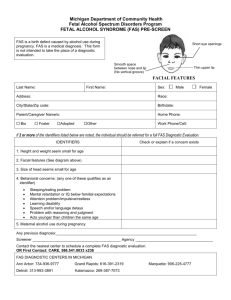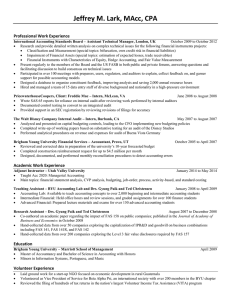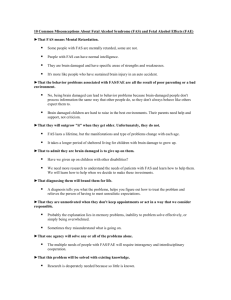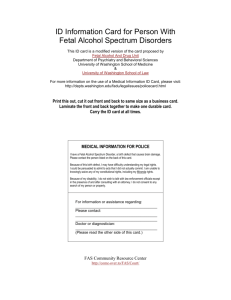Department
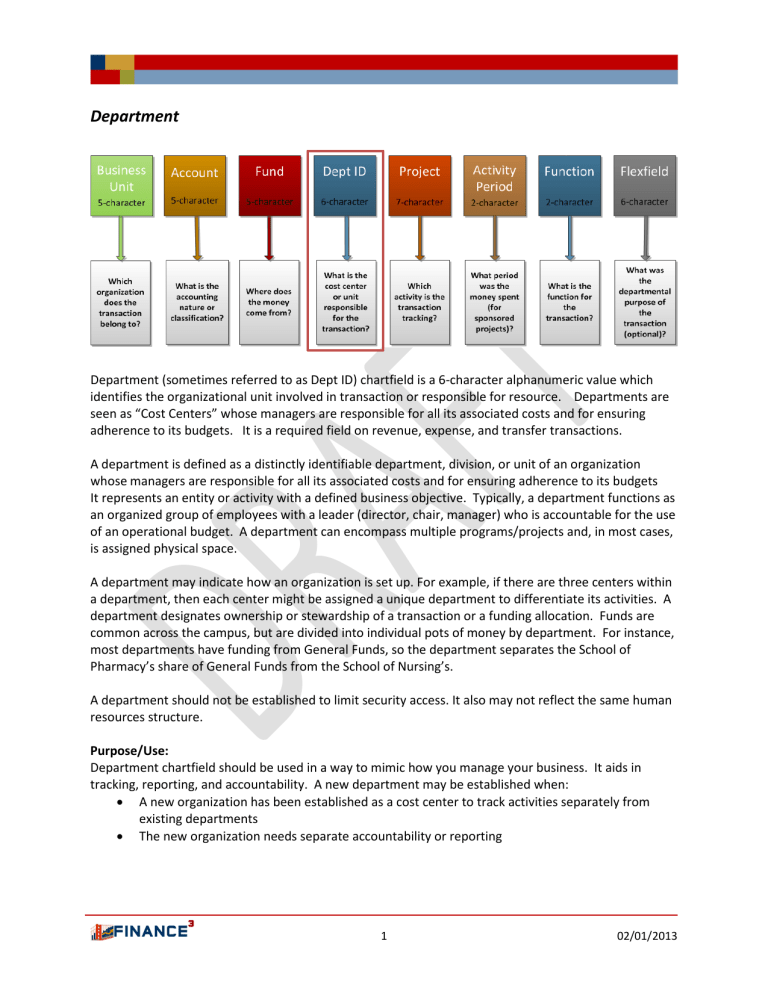
Department
Department (sometimes referred to as Dept ID) chartfield is a 6-character alphanumeric value which identifies the organizational unit involved in transaction or responsible for resource. Departments are seen as “Cost Centers” whose managers are responsible for all its associated costs and for ensuring adherence to its budgets. It is a required field on revenue, expense, and transfer transactions.
A department is defined as a distinctly identifiable department, division, or unit of an organization whose managers are responsible for all its associated costs and for ensuring adherence to its budgets
It represents an entity or activity with a defined business objective. Typically, a department functions as an organized group of employees with a leader (director, chair, manager) who is accountable for the use of an operational budget. A department can encompass multiple programs/projects and, in most cases, is assigned physical space.
A department may indicate how an organization is set up. For example, if there are three centers within a department, then each center might be assigned a unique department to differentiate its activities. A department designates ownership or stewardship of a transaction or a funding allocation. Funds are common across the campus, but are divided into individual pots of money by department. For instance, most departments have funding from General Funds, so the department separates the School of
Pharmacy’s share of General Funds from the School of Nursing’s.
A department should not be established to limit security access. It also may not reflect the same human resources structure.
Purpose/Use:
Department chartfield should be used in a way to mimic how you manage your business. It aids in tracking, reporting, and accountability. A new department may be established when:
• A new organization has been established as a cost center to track activities separately from existing departments
• The new organization needs separate accountability or reporting
1 02/01/2013
Department trees:
Departments will be organized into tree levels in PeopleSoft to facilitate reporting and accountability.
Financial postings always occur at the lowest level. Depending on the size and breadth of the organization, the lowest level may differ across units. For example, School of Pharmacy may have a control point level 1 roll-up department called School of Pharmacy, and may have direct posting-level departments that report to the School of Pharmacy. In this example, financial posting occurs at level 2.
On the other hand, Financial and Administrative Services (FAS) may have a control point level 1 roll-up department, followed by a level 2 roll-up division for campus life services, followed by a level 3 roll-up department for facilities management, followed by the posting-level department for facilities maintenance. In this example, financial posting occurs at level 4. Differentiation between posting-level departments and roll-up (reporting) level departments are distinguished using an attribute.
The department posting and roll-up/parent concept is demonstrated as follows:
2 02/01/2013
Attributes:
Field Name
Set ID
Department
Effective Date
Effective Status
Description
Short Description
Budgetary Only
Posting Level
Filler
Site
Department Type
Type Length
AN 5
AN
Date
AN
AN
AN
AN
AN
AN
AN
AN
6
1
30
10
1
1
1
3-4
1
Description
See Set ID description in Account chartfield attribute.
An alphanumeric value assigned to a department.
The date that the attributes and definitions associated with a department go into effect.
Department status as of Effective Date:
• A = Active
• I = Inactive
30-character department description
10-character department short description
Y/N value, indicate whether the department value is to be used for budgetary purposes only.
A budgetary department will not be available for recording financial (i.e., actuals) transactions.
Y/N value; indicates whether the department is allowed to have transactions posted to it. A posting level has no children departments.
Y/N value; indicates whether the department is a filler level department to be used to build a department tree.
Code and Description of Site attributes are identified in table below.
An optional field used by School of Medicine
(and potentially by other schools) to capture the type of department:
B – Basic Science
C – Clinical
D – Dean’s Office
I – Interdisciplinary Program
O – Organized Research Unit
3 02/01/2013
Site :
Site is a department chartfield attribute with the following codes and descriptions:
Code
PARN Parnassus
Description
VAMC Veterans Affairs Medical Center
LHTS Laurel Heights
ZION Mt. Zion
SFGH San Francisco General Hospital
MCB Mission Center Building
MBAY Mission Bay
OYST Oyster Point
MONT Montgomery Street
REMO Remote
CORE Core Campus
FRES Fresno
Source of Request
FAS
FAS/SOM
FAS
FAS
FAS/SOM
FAS
FAS
FAS
FAS
FAS
SOM
SOM
Numbering Convention:
There is no numbering convention in the Department field. It will be a Controller’s Office generated 6character alphanumeric value. A department tree will be built to roll up department to reflect organizational hierarchy.
Campus vs. Medical Center Dept ID Design:
Due to Hyperion reporting limitations and configuration requirements it will be necessary to require unique field values for Dept ID. Thus, Dept ID will only be configured under a single SetID with each value unique.
The Medical Center team has confirmed they will work with (and around) the required Dept ID values that are required for OSHPD reporting.
4 02/01/2013
